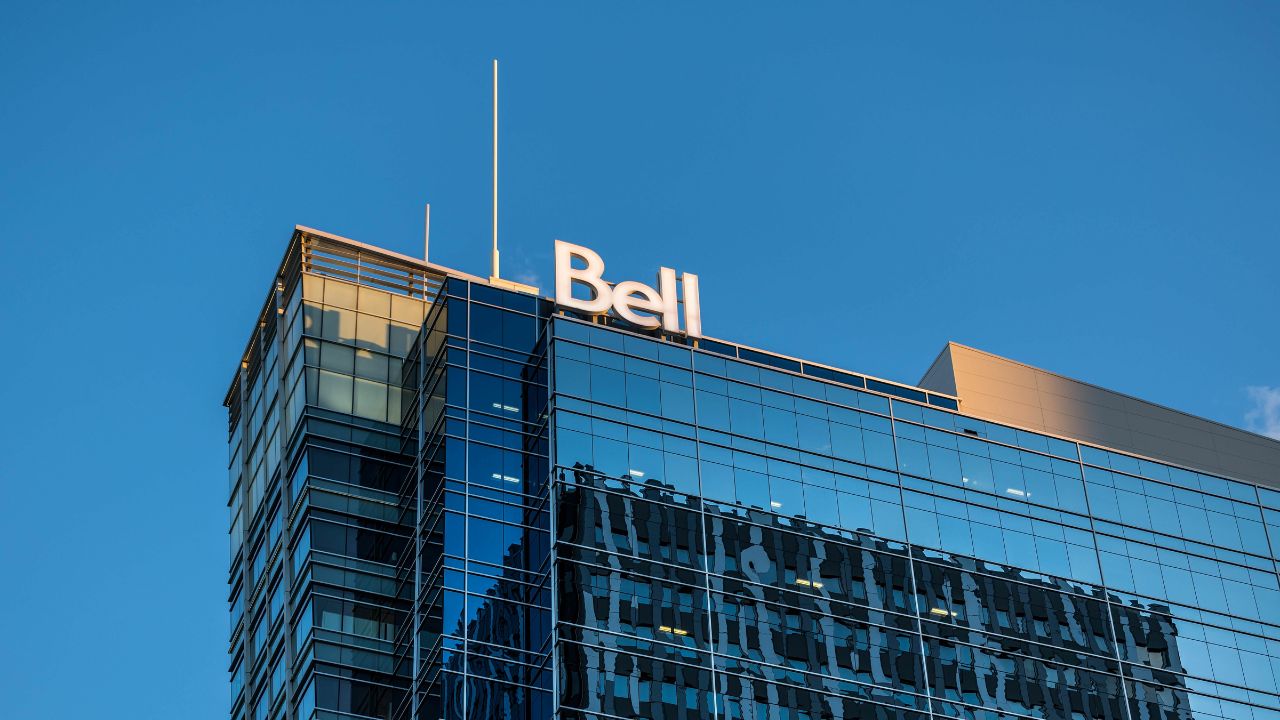Is BCE a good investment?

 Canadian telco BCE (BCE Stock Quote, Chart, News, Analysts, Financials TSX:BCE) just delivered strong earnings in its quarterly report, coming in above analysts’ expectations. How will the stock do going forward? Varun Anand of Starlight Capital says while BCE is solid, investors might want to look beyond the telecom providers to an infrastructure play like cell towers.
Canadian telco BCE (BCE Stock Quote, Chart, News, Analysts, Financials TSX:BCE) just delivered strong earnings in its quarterly report, coming in above analysts’ expectations. How will the stock do going forward? Varun Anand of Starlight Capital says while BCE is solid, investors might want to look beyond the telecom providers to an infrastructure play like cell towers.
“We do like Telus, Rogers and BCE,” said Anand, portfolio manager at Starlight Capital, who spoke to BNN Bloomberg on Thursday. “But our preferred way to play the cellular tower space is through the tower companies.”
“Remember, with Bell, Rogers and Telus they own the network and they also have the towers but then they also have very price competitive consumer businesses, like the cellphone plans, home internet and whatnot,” Anand said.
BCE reported a solid fourth quarter on Thursday to wrap up what it called an overall good year considering the challenges posed by COVID-19. The company saw revenues fall by 2.8 per cent year-over-year to $6.102 billion for the Q4 2020 while adjusted EBITDA dropped by 3.2 per cent to $2.404 billion. Earnings came in at $0.98 per share compared to $0.74 per share a year earlier, while analysts had called for earnings of $0.74 per share on a topline of $6.16 billion.
For the year, BCE’s revenue dropped 3.8 per cent to $22.883 billion and adjusted EBITDA fell 4.0 per cent to $9.607 billion.
“In every successive quarter since COVID-19 began, Bell has delivered sequential quarterly improvement in our operating results, underscoring the stability and resiliency of our company and the strength of our financial position,” said CFO Glen LeBlanc in a press release.
Management spoke of the company’s resilience in the face of social and economic impacts of the pandemic but the focus in its commentary was on the future, specifically its plans to add another $1-1.2 billion in capital spending over the next two years. BCE aims to step up its fibre-optic and fixed wireless network buildout and double its 5G wireless capacity during 2021, saying that shareholder value will be enhanced through the infrastructure layout.
“Bell plans to increase the number of new locations covered with fibre and WHI by as many as 900,000 in 2021 – bringing the combined footprint to up to 6.9 million homes and businesses by the end of the year – while doubling the population coverage of Canada’s fastest 5G network,” the company said in the Q4 press release.
“Funded by proceeds from the sale of Bell data centres in 2020, the investment acceleration is in addition to Bell’s typical capital expenditures over the last decade of approximately $4 billion a year (growing to $4.2 billion in 2020 due to added investment in network capacity and digital platforms in response to unprecedented usage demand during the COVID crisis),” BCE said.
The company even provided guidance for the year ahead, a big of a rarity these days as companies grapple with a host of pandemic-related unknowns. BCE expects both revenue and adjusted EBITDA to grow by between two and five per cent in 2021.
“Overall revenue is expected to reflect a gradual economic recovery in 2021 combined with subscriber revenue growth and strategic pricing on advertising sales. However, revenue performance is expected to continue to be negatively impacted by the effects of COVID-19 on many sectors of the economy,” the company said.
BCE’s share price has been flat to trending downward since last spring, finishing 2020 down 9.5 per cent and so far trading up two per cent for 2021. By comparison, Telus (Telus Stock Quote, Chart, News, Analysts, Financials TSX:T) ended the year at even while Rogers Communications (Rogers Communications Stock Quote, Chart, News, Analysts, Financials TSX:RCI.B) dropped almost eight per cent.
Anand says he leans towards cell tower holding companies, some of whom had a mildly better year than the Canadian telcos. Of the bigger players in the US, Crown Castle ended 2020 up 12 per cent, American Tower lost three per cent and SBA Communications finished up 17 per cent. Not yet established in Canada where the big telco companies own their own towers, these REITs (real estate investment trusts) in the US have done well over the past decade.
“We’d rather play that through tower companies that just own the towers and collect the contracted cash flows from the carriers because there’s more leverage in that business and it’s more stable and as a result you don’t have as much price competition,” Anand said.
“So, a company like American Tower or SBA Communications would be our preferred play, rather than a telco incumbent like BCE,” Anand said.
Of the cell tower REITs, Jim Cramer of CNBC’s Mad Money recently picked Crown Castle as his preferred choice, saying that while the company has spent billions in building out its 5G network in densely populated areas, these investments “have yet to pay off in a 4G world.”



